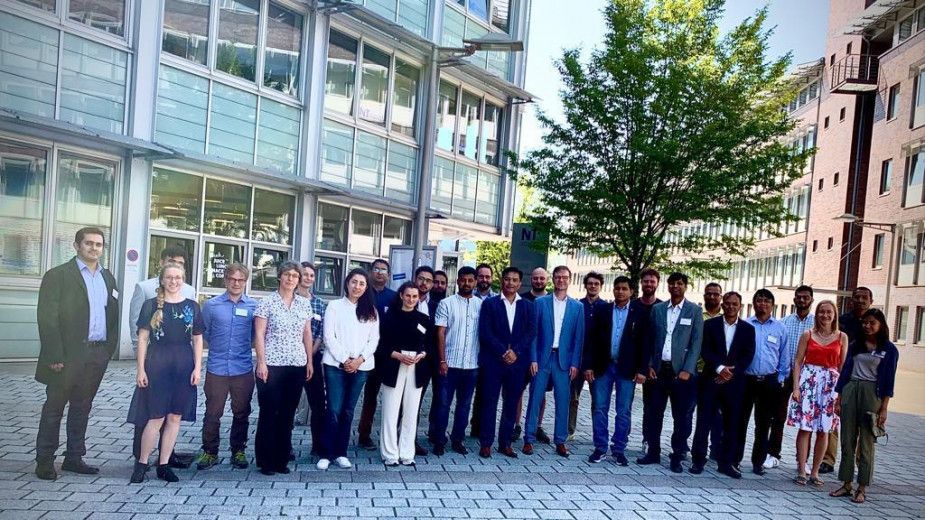Water recycling: Workshop at the Indo-German Forum

In July of this year, a workshop on „water treatment and water recycling in India“ took place in Hamburg. Our Head of R&D Carsten Bahr was there to discuss the challenges with German and Indian experts. In addition to many other issues like water recycling, the removal of arsenic from groundwater to produce drinking water is an important concern in India. Arsenic-contaminated water is still a major problem for the population, particularly in rural areas.
Sustainable water management for India and Germany
The Indo-German workshop at Technische Universität Hamburg (TUHH), funded by Indo-German Science and Technology Centre (IGSTC), was notable for many innovative ideas and critical insight into the dynamic relationship between development and water conservation that underlies sustainable development. These discussions and presentations explored various aspects of water recycling, clean water treatment and management, as well as showcasing new technologies and innovations that can profoundly boost development of Germany and India. The workshop was noteworthy for spirited discussions among a broad spectrum of participants across academic disciplines and fields of experience from India and Germany.
Water recycling with a focus on anionic contaminants
In the workshop, participants from both countries discussed various domains of environmental science and engineering, conventional and low-cost remediation techniques for water pollutants to achieve goals of sustainable water recycling. Both countries can benefit from expertise of researchers on fabrication of advanced porous membranes such as adsorptive membranes to remove anionic pollutants (heavy metals ions and micropollutants) at affordable cost with low energy consumption. Further, Researchers exchanged on their recent research development in similar areas like water recycling, which can be helpful to uplift not only the research output of each country but also socio-economic aspects of both countries. During the workshop, Indian scientists and researchers got an opportunity to explore the advanced laboratory facilities of TUHH and their ongoing research activities.
Since the occurrence of arsenic in groundwater and drinking water is a major problem in India, Mr. Bahr presented our experience in removing arsenic with GEH. In addition, the new application of GEH Wasserchemie, the removal of lead and vanadium, was discussed. The advantages of removal by adsorption is the reduction of contaminants below the detection limit, as well as the simple and low-maintenance operation of adsorption filters. This makes GEH a safe and practical solution, especially for rural areas when it comes to water recycling and groundwater that is contaminated with arsenic, lead or vanadium and is used as drinking water.
If you have any questions about water recycling and sustainable water management, please do not hesitate to contact us.
